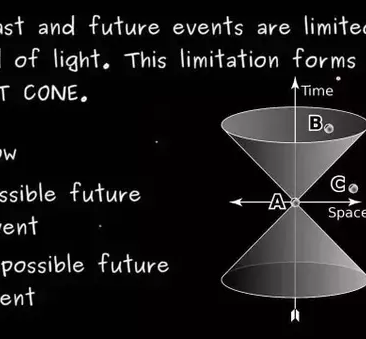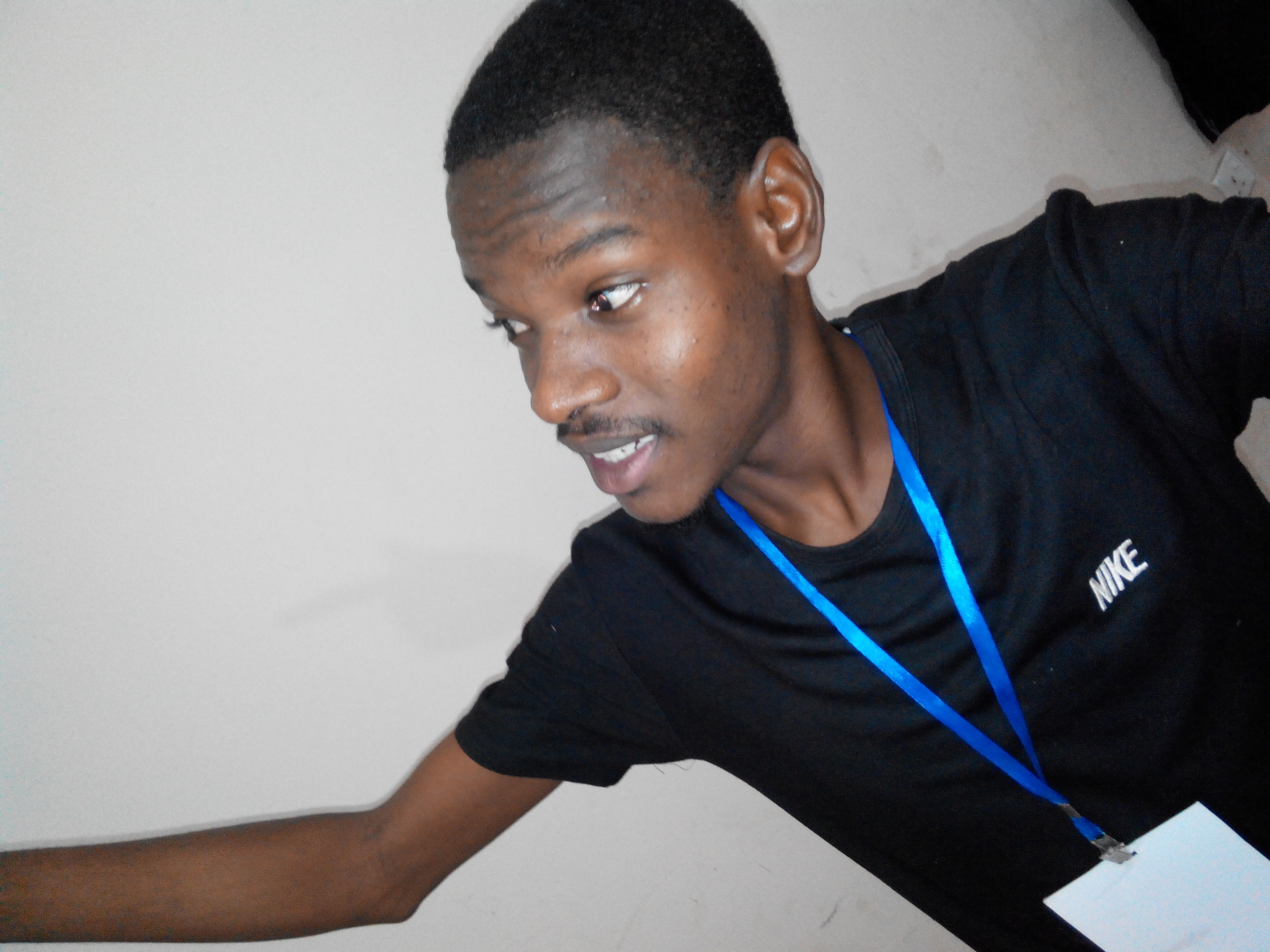The Postulates of Relativity and Their Implications 2

The Postulates of Relativity and Their Implications Part Two
TIlE ROLE OF TIlE MICHELSON-MORLEY EXPERIMENT IN THE GENESIS OF RELATIVITY
Special relativity appears to be a classic case of a theory constructed expressly to explain a puzzling experimental finding. The second postulate, the heart of the theory, seems to be based directly on the result of the Michelson-Morley experiment. This indeed is the way the story is presented in much of the literature. Robert Millikan, in an article written in honor of Einstein's seventieth birthday, put it as follows:
That unreasonable, apparently inexplicable experimental fact [the result of Michelson-Morley] was very bothersome to 19th-century physics, and so for almost twenty years physicists wandered in the wilderness in the disheartening effort to make it seem reasonable. Then Einstein called out to us all, "Let us merely accept this as an established experimental fact and from there proceed to work out its inevitable consequences," and he went at that task himself with an energy and a capacity which very few people on earth possess. Thus was born the special theory of relativity.
Millikan's account paints a dramatic (and credible) picture. Yet in his own writings Einstein suggests that Michelson's experiment played at most a minor role in the genesis of special relativity. The 1905 paper makes no mention of the experiment, although Einstein does refer to "unsuccessful efforts to discover any motion of the earth relative to the 'light medium,' " without identifying those efforts. 6 The Michelson-Morley experiment was only one of them.
There is some question as to whether Einstein even knew about the experiment when he wrote his paper. In an interview conducted in 1950, Einstein told Robert Shankland that he became aware of the Michelson-Morley result through the writings of Lorentz, but only after 1905. "Otherwise," he said, "I would have mentioned it in my paper." He added that the experimental results that had influenced him most were the observations on stellar aberration and Fizeau's experiment on the speed of light in moving water. "They were enough," he said.
When Shankland raised the question again two years later, Einstein gave a different response. "This is not so easy, he said. "I am not sure when I first heard of the Michelson experiment. I was not conscious that it had influenced me directly during the seven years that relativity had been my life." He added that in the years 1905-1909 he thought a great deal about Michelson's result. He then realized that he had also been conscious of the result before 1905, partly from the papers of Lorentz and more because he had "simply assumed this result of Michelson to be true."
Abraham Pais, who knew Einstein well and wrote his scientific biography, is certain that Einstein did know about the Michelson experiment before 1905. 9 He points out that Einstein was in his seventies and not in good health when he talked to Shankland; at the first interview he probably did not remember that Michelson's experiment was discussed in Lorentz's 1895 monograph, which he had definitely read before 1905.
Even if Einstein was aware of Michelson-Marley's result, we must accept his assertion that it was not a major motivating factor in the genesis of relativity. He repeatedly uses terms like "negligible," "indirect," and "not decisive" to describe the influence of Michelson's experiment on his thinking. In his penetrating analysis of the issue, Gerald Holton concludes that "the role of the Michelson experiment in the genesis of Einstein's theory appears to have been so small and indirect that one may speculate that it would have made no difference to Einstein's work if the experiment had never been made at all." In light of this assessment, Einstein's achievement looms all the more remarkable.
If he was not influenced by Michelson's experiment, how did Einstein arrive at the second postulate? That is the intriguing question. Einstein's paper provides little guidance. In it he presents the second postulate with no explanatory remarks or motivation, as though it were a commonly accepted proposition instead of a daring departure from conventional notions. An illuminating passage is found in the autobiographical notes writ- ten by Einstein in 1949.
By and by I despaired of the possibility of discovering the true laws by means of constructive efforts based on known facts. The longer and the more despairingly I tried, the more I came to the conviction that only the discovery of a universal formal principle could lead us to assured results. After ten years of reflection such a principle resulted from a paradox upon which I had already hit at the age of sixteen: If I pursue a beam of light with the velocity c, I should observe such a beam as a spatially oscillatory electromagnetic field at rest. However, there seems to be no such thing, whether on the basis of experience or according to Maxwell's equations. From the very beginning it appeared to me intuitively clear
that, judged from the standpoint of such an observer, everything would have to happen according to the same laws as for an observer who, relative to the earth, was at rest. For how, otherwise, should the first observer know, i.e., be able to determine, that he is in a state of fast uniform motion?
The seed of the theory of relativity had evidently been planted when Einstein was only sixteen years old! The idea that light has the same speed in all inertial frames, so difficult for an ordinary mind to grasp, was a quite natural one for Einstein. He was prepared to accept it even without strong experimental evidence. In the years following 1905, the postulates of relativity have been con firmed by ample experimental evidence, including refined versions of the Michelson-Morley experiment. But the genesis of the theory, apparently, lay in Einstein's inspired intuition.
 The Postulates of Relativity and Their Implications 3
The Postulates of Relativity and Their Implications 3

“I'm selfish, impatient and a little insecure. I make mistakes, I am out of control and at times hard to handle. But if you can't handle me at my worst, then you sure as hell don't deserve me at my best.”
― Marilyn Monroe






